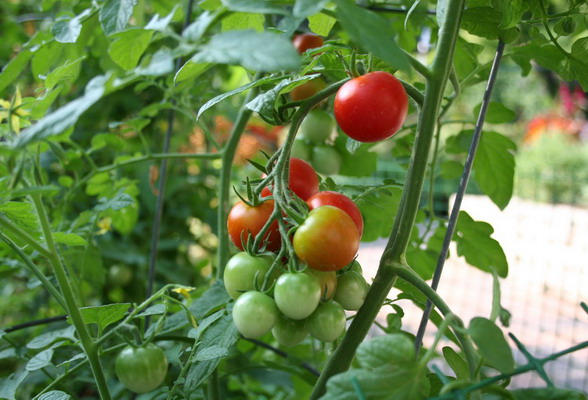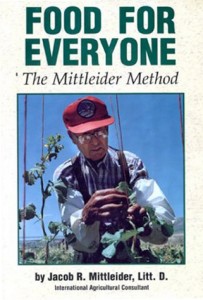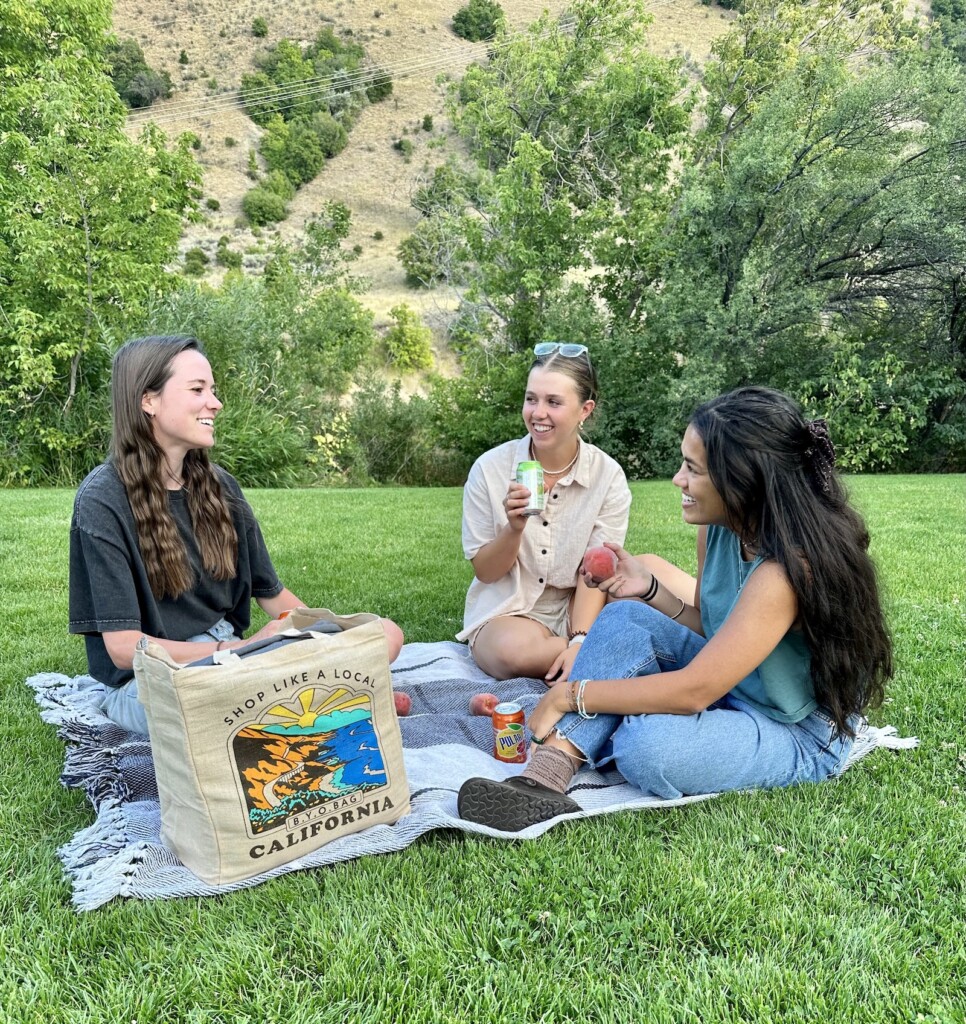“Fertilizer has gotten a bad rap, but I don’t believe there is a single successful large-scale organic farmer who is making a living without using fertilizer.” This statement came as a shock. Could it really be that organic farmers use fertilizer? I still haven’t answered this questions as of press time but Jim Kennard, president of the Food For Everyone Foundation, which teaches people how to grow food much more effectively in their backyard gardens, stands by his statement with some compelling stories.
Papua, New Guinea’s unique mountainous geography and natives stymied colonization efforts and left the area free from much meddling by western civilization. Natives have been growing taro roots for thousands of years, but as subsistence farmers, the lifestyle of many of the tribes and the over 800 languages spoken have changed very little.
Back in the early 1960s Dr. Jacob Mittleider decided to visit New Guinea to assist some of the natives in gaining a greater yield from both their native crops and sweet potatoes, as well as many varieties he introduced.
Mittleider taught New Guineans the basics of fertilizer usage, crop rotation, proper weeding and diagnosing treatments for pests and nutrient deficiencies in crops. According to Kennard, teaching these methods “changed their entire economy.”
Jacob Mittleider has Utah connections in that he lived here for 25 years. He operated a successful wholesale flower nursery in California which exported his flowers as far away as Loisianna. He did this until stomach problems made him decide to reorient his life. Mittleider was a highly successful grower and businessman, but he wanted to share his knowledge to help people who go hungry have a better chance of surviving.
Mittleider chose 24 countries to visit whose residents were suffering, not because of bad soil, poor conditions but simply lack of know-how. Many places he visited were considered areas that had harsh conditions, but still a long enough growing season to produce gardens and farms lessening their reliance on imported produce. Mittleider produced a lecture series of 86 lessons that he took with him around the world. These same lectures are still used today to teach groups how to increase their yields from ten to twenty fold. Some of the most important lessons include the proper use of fertilizer and understanding plant nutrient deficiencies.
Kennard believes the organic movement is a negative trend, he believes that too many gardeners are unaware of how plants actually obtain their nutrients to grow and flourish. All vegetables rely on inorganic nutrients to thrive. Plants cannot consume grass clippings, decomposing leaves, manure or any organic material. It’s only when the organic material decomposes into inorganic nutrients soluble in water and exposed to roots that can plants absorb nutrients for growth. “A plant cannot tell the difference between nitrogen from a leaf and nitrogen from a fertilizer bag,” Kennard quotes Kennard quotes J.I. Rodale, Organic
Gardening magazine founder.
The problem with fertilizer is the abuse and overuse. When gardeners or farmers overuse, nitrogen can seep into streams and groundwater causing bacteria and green algae to contaminate lakes. But used properly, fertilizer can literally make the difference between a tomato plant producing a half pound of tomatoes the entire season or thirty pounds of tomatoes throughout the growing season. Multiply this by ten tomato plants and the results are amazing.
Mittleider taught the New Guineans, Russian, Japanese, Tanzanians and people literally all over the world how to grow gardens that thrive, requiring little pesticides and produce incredible yields.
Mittleiter past the torch of his foundation on to Jim Kennard who has also visited other countries but now offers mostly lectures inside of the states to religious and garden groups. Mittleiter received many honorary doctorate degrees and his name can still be found on his special blend of Mittleiter Magic weekly feed for tomatoes can be found at Sutherlands and Mountain Valley Seeds.§







